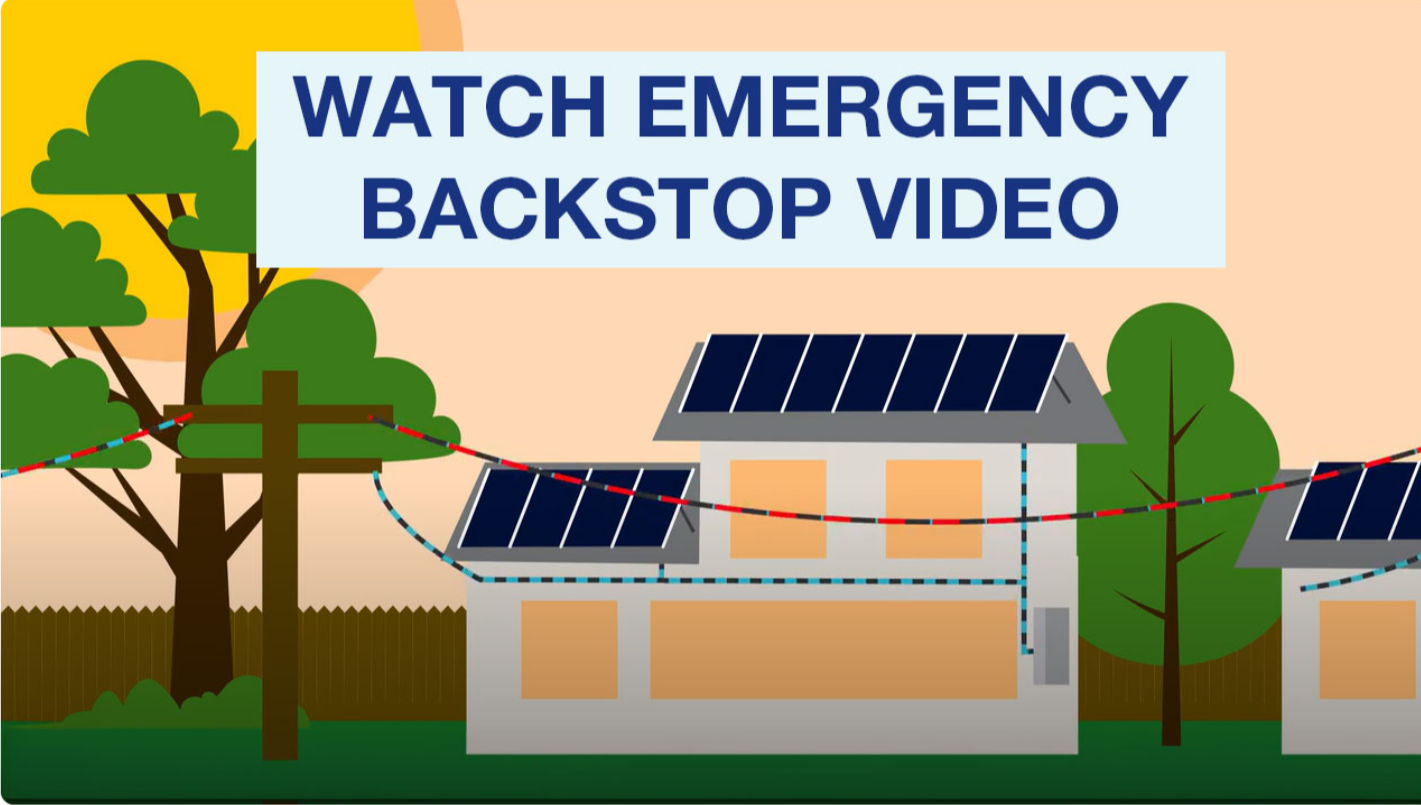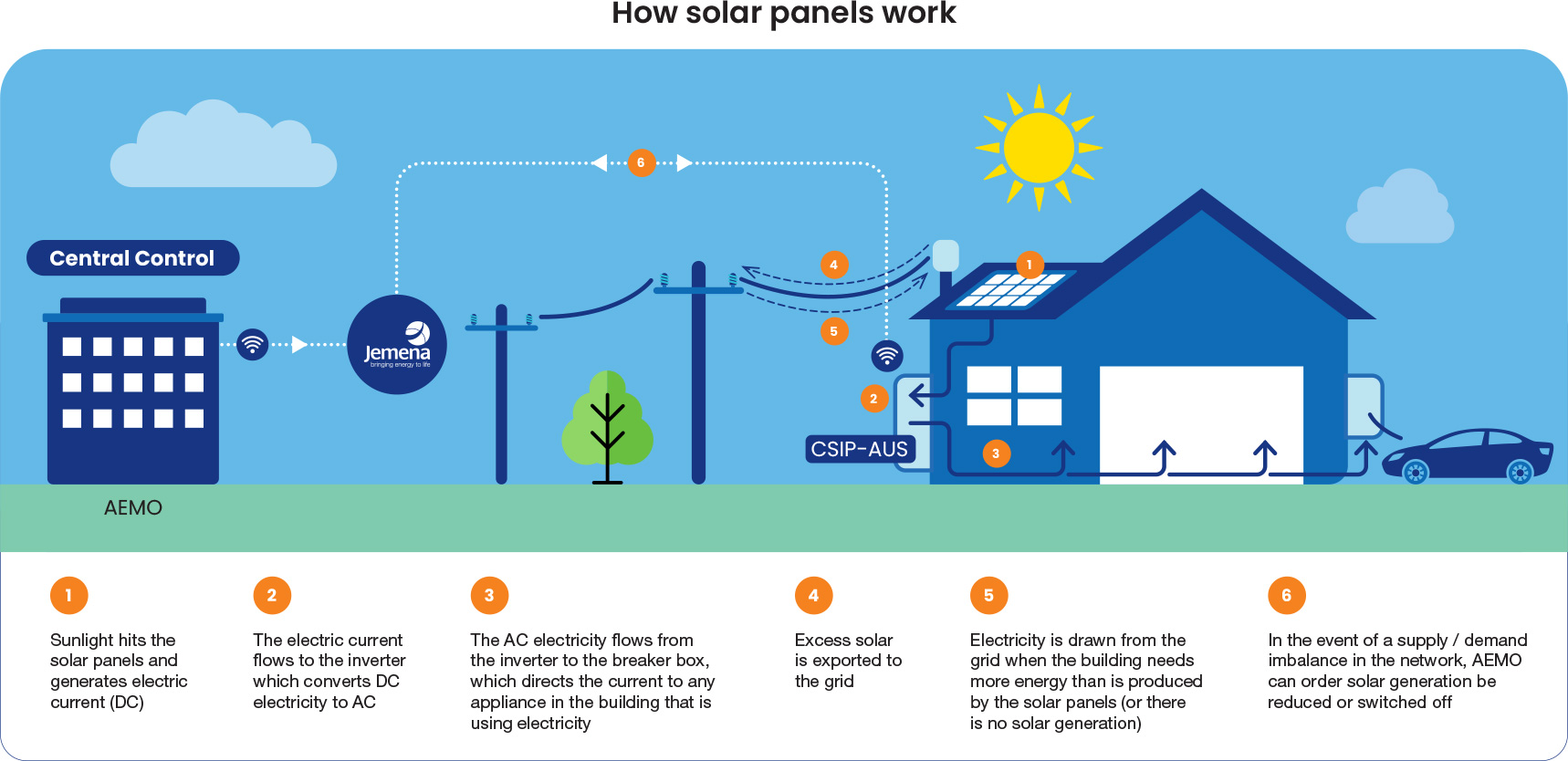



Emergency Backstop Mechanism





Today, energy is being delivered through an increasingly sophisticated and complex landscape. As we work together to reduce our reliance on fossil fuels and transition to a low-carbon energy system, we’re seeing consumers and businesses embrace renewable energy solutions in greater numbers than ever before.
While this is great, it can create supply and demand imbalances within our electricity network. This is particularly true on days when demand from the electricity grid is low and solar generation is high - an occurrence that can lead to an emergency situation known as a minimum system load (MSL) event.

Emergency Backstop for solar PV systems
To manage the risks of an MSL event occurring, the Victorian Government has introduced changes to ensure customers can continue to enjoy renewable energy solutions safely, securely and affordably into the future.
Known as the Emergency Backstop Mechanism, the changes apply to new, replacement and upgraded solar PV installations up to and including 200kVA, that are connected to an electricity network like Jemena’s. Please note, the average residential system is typically less than 10KVA per phase (30KVA for three phase).
You can read more about the changes on the DEECA website here.

Requirements of the Emergency Backstop
From 1 October 2024, solar systems installed by customers on Jemena’s electricity network must be able to be accessed remotely so we can manage the amount of solar being generated if an MSL event occurs. For systems larger than 200kVA, this requirement took effect in October 2023.
Existing solar customers will not be impacted by these changes, unless upgrading or replacing a system. These requirements do not apply to customers that have submitted a Pre-approval application to Jemena prior to 1 October 2024.
Should an MSL event occur, Jemena will be directed by the Australian Energy Market Operator (AEMO) or an equivalent regulator to reduce solar exports, so that customers can continue using their solar generated electricity for self-consumption. If the grid remains insecure, we may need to switch PV systems off altogether for a short period of time.
To ensure we’re able to access your solar PV system remotely:
1. The inverter must be on the Clean Energy Council’s list of approved AS-4777.2.2020 CSIP-Aus inverters (these inverters are capable of being remotely controlled),
2. The inverter must be connected to the internet at all times, and
3. The inverter must be on the list of Clean Energy Council CSIP-Aus compliant inverters also approved for Jemena connection.
Customers should discuss these requirements with their installer prior to purchase.
Frequently Asked Questions and additional support
Below are some frequently asked questions customers and installers may find useful. Other resources include:
- Victoria's emergency backstop mechanism for solar (DEECA website) - This also includes a Customer Factsheet.
- Customer Installation Journey
- Solar PV Health Check for customers
- Solar industry guidance (DEECA website)


